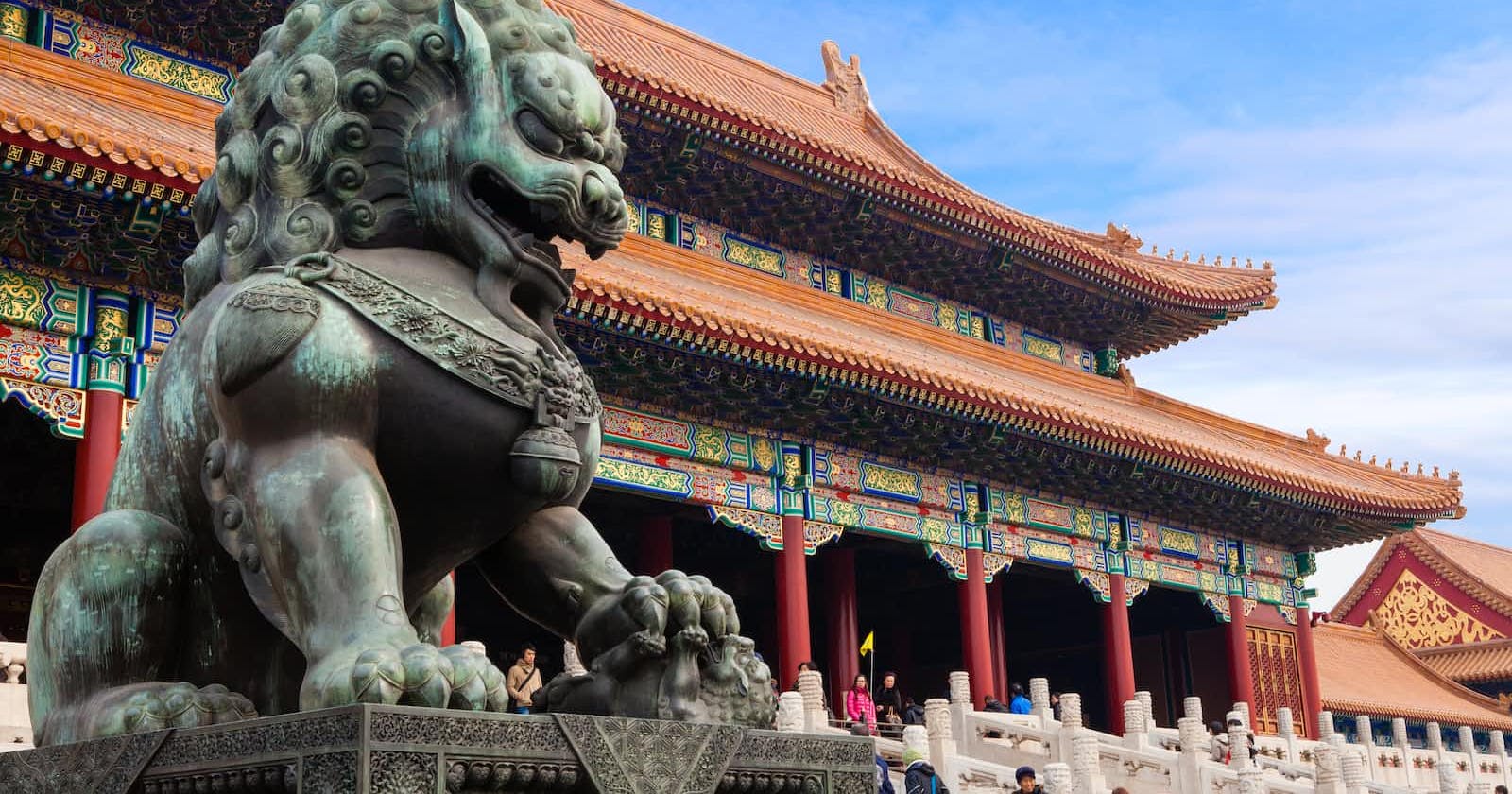How to Protect Your IP in China
Protecting IP is crucial for business success. If your company works with China, you need to know some Chinese IP law. While Beijing has improved these laws, more work is needed.
Every business plan involving China must include IP protection strategies. If you're already there, review your IP policies and protections to match innovations and expansion.
Some companies wrongly think Australian IP registration protects them in China. Others underestimate IP abuse risks. Patents and trademarks registered domestically aren't automatically protected in China. To prevent infringement, register your IP rights with the Chinese government.
China's IP protection system is first-to-file, not first-to-use or first-to-invent. The first party to register gets the rights. China's IP protections include:
Trademarks
Trademarks are the most effective tool against infringement in China. Identifying an infringing mark is easier than patent or copyright, which need time-consuming administrative review.
File applications with the Trademark Office of the State Administration for Industry and Commerce (SAIC). First, check that no one else has registered your trademarks. Register your trademark in English and Chinese characters for maximum protection. Despite different spoken Chinese dialects, Chinese character trademarks are understood by all consumers. Register your company's Internet domains too.
If your business has a physical presence in China, you can file directly. Without offices there, use an authorised trademark agent. Unused registered marks for three consecutive years risk cancellation.
Submit a copy of your signed trademark licence contract to the Trademark Office within three months. The licensee must submit another copy to the local county SAIC. Contracts must show your company agrees to supervise the licensee's goods quality and require the licensee to put their name and address on the items.
Patents
Chinese patent law recognises invention, utility model, and design patents. Applications go to the State Intellectual Property Office. Without an office in China, apply through an authorised patent agent. Protection lasts 20 years.
When applying for a domestic patent, submit a Chinese patent application too. If you have an existing Australian patent, apply in China within one year for inventions and utility models, and within six months for industrial designs. Later applications risk China not granting a patent, as the invention may not be "new and innovative".
Copyright
No registration is needed for copyright protection under Chinese law. Foreigners have copyright protection if their work was first published in China. Registering with Chinese authorities simplifies copyright enforcement. Authorities can confiscate and destroy infringing products, but criminal prosecution is rare.
Trade Secrets
No registration is needed, but your business must prove it safeguards trade secrets through policies and procedures. The court's protection depends on your company's trade secret treatment. Trade secret theft is punishable under civil and criminal law.
Further safeguard your IP rights in China by:
Conducting due diligence on partners, agents, and distributors. Associates or ex-employees often infringe IP.
Covering all aspects of your business's IP with clear contracts, including ownership rights and IP use limitations by partners, distributors, and licensees. Contract issues often cause infringements. Have legal advisers review agreements and consult during negotiations.
Requiring employees to sign confidentiality, non-disclosure, and IP use and ownership agreements.
Hiring a qualified IP attorney for enforcement actions. The Chinese agency to notify depends on the IP type and the dispute's location.
Final Words
Register your IP to avoid bad-faith registrations by others. Legal recourse takes time and money. Register your IP promptly and remember to register Chinese character trademarks.

